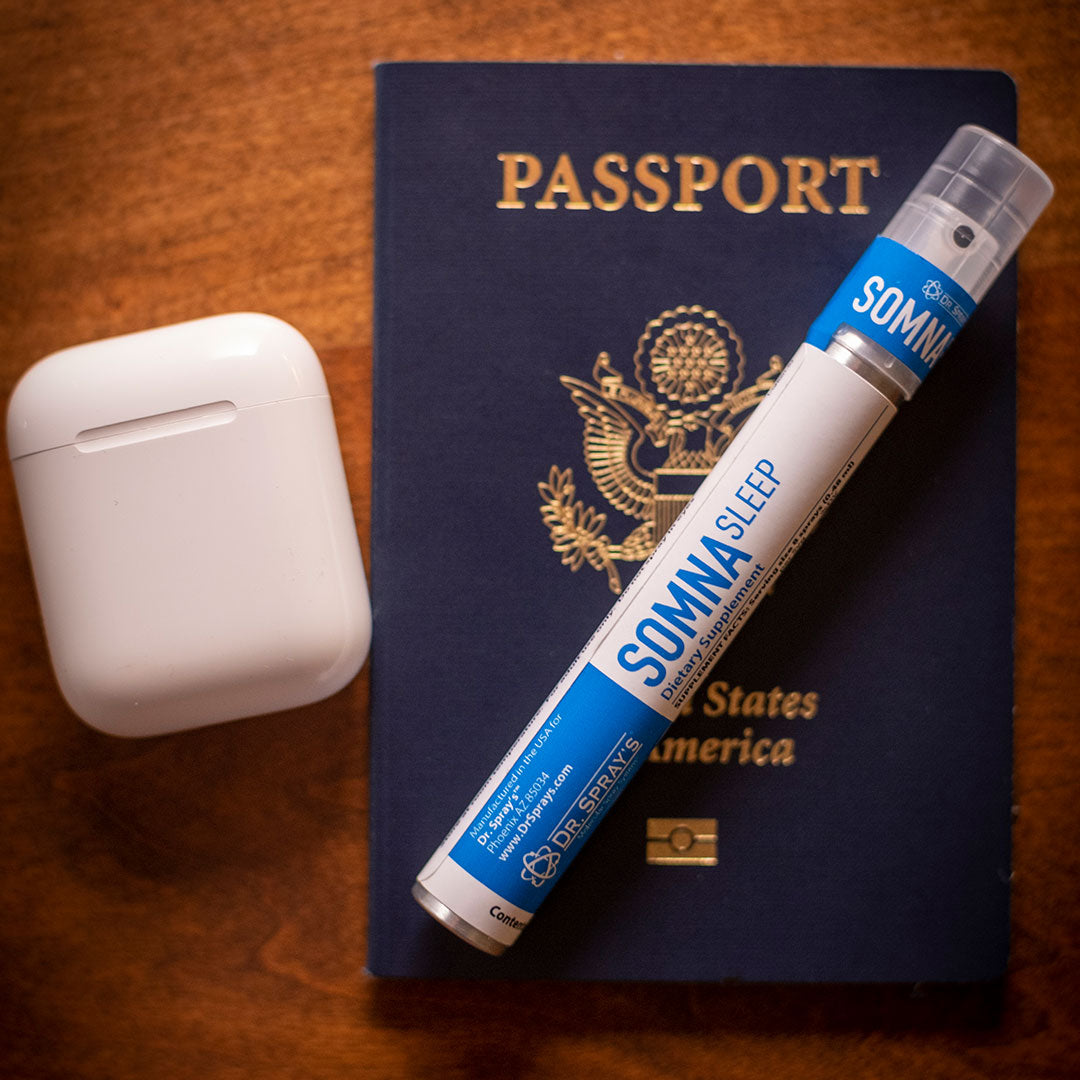How To Help A 1 Year Old Sleep?
If your 1 year old is having trouble sleeping, there are a few things you can do to help. First, try making sure their bedroom is dark and quiet. You can also try giving them a soft toy or blanket to snuggle with. Finally, make sure they have a regular bedtime routine including a bath or a story before bed. With a little patience and effort, your 1 year old will be sleeping through the night in no time.
1. Establish a bedtime routine.
One of the best ways to help your child sleep is to establish a bedtime routine. This could involve things like reading a book together, taking a bath, or singing a lullaby. Doing the same things every night will signal to your child that it's time to wind down and go to sleep.
2. Keep the environment dark and quiet.
Another good way to help your child sleep is to create an environment that is dark and quiet. This means dimming the lights and turning off any noise-makers like television, radios, or computers. You might even want to consider investing in a white noise machine to help block out any external noises.
3. Don't overstimulate before bedtime.
It's important not to overstimulate your child before bedtime. This means avoiding activities that are likely to get them excited or rev them up before sleep. Things like playing active games, watching exciting TV shows, or eating sugary snacks should be avoided in the hours leading up to bedtime.
4. Make sure they're getting enough exercise during the day.
Exercise is important for both adults and children, and it can actually help promote better sleep at night. Make sure your child is getting plenty of exercise during the day, whether that means going for a walk, playing at the park, or taking a swim.
5. Avoid giving them caffeine.
While adults might need a cup of coffee to help them wake up in the morning, caffeine is actually a stimulant and can make it more difficult for children to fall asleep at night. Avoid giving your child caffeinated beverages like soda or chocolate in the evening.
6. limit screen time before bed.
Screens from computers, phones, and other devices emit blue light that can disrupt our natural sleep cycles. It's important to limit screen time before bed, especially in the hour or so leading up to sleep. Consider having a "media-free" rule in your house starting 60 minutes before bedtime.










